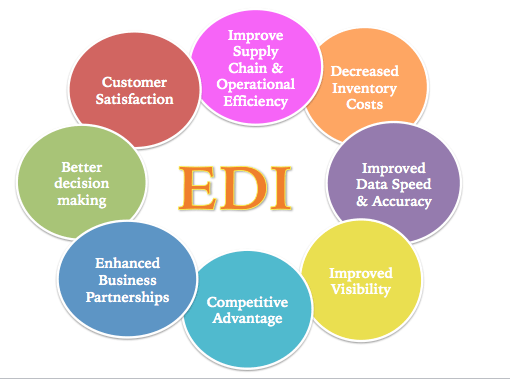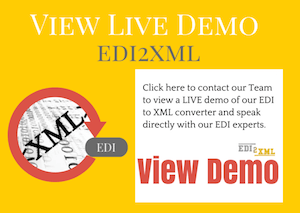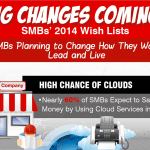Why Should Businesses Use EDI?
Last Updated on December 13, 2022 by Tatyana Vandich
However, more and more smaller companies are receiving directives from large retailers informing them to implement EDI out of necessity to continue a business relationship. This news is normally not welcomed with a smile however, little do these small business executives know, EDI integration at their company can benefit them in many big ways and there are affordable solutions out there that won’t break the bank.
EDI Intro
EDI is the process of electronically exchanging business documents, such as Purchase Orders, Invoices and ASNs, between business partners (vendors, retailers, etc.). Transportation of the EDI file is done in a secure manner through a communication protocol, such as a VAN, FTP, sFTP, AS2, etc. Since the whole point of EDI is to send a standardized message, files in EDI format are structured and follow EDI standards. The most widely used standards in the business community include:
- UN-recommended UN/EDIFACT; the only international standard which is predominant outside of North America
- US standard ANSI ASC X12 (X12); predominant in North America
- TRADACOMS standard; predominant in the UK retail industry
- ODETTE; standard used within the European automotive industry
EDI integrated in ERP

Major Business Benefits
EDI is known to benefit a company in many ways. Instead of looking at it from a technical perspective, it is important to look at it from a business viewpoint. Below are a few of its business advantages*:
-
Improve data speed and accuracy
-
Increase customer satisfaction
-
Better informed decision making
-
Enhance business partnerships
-
Improve supply chain efficiency; check out “EDI: Workhorse of the Value Chain” published by industry analyst Lora Cecere
-
Improve operational efficiency
-
Drive down inventory costs
-
Provide visibility into the ordering and delivery processes
-
Competitive advantage

At the end of the day, business managers are looking to increase efficiency and cost savings, which is why when presented with an EDI solution, many of these managers give the green light for an EDI implementation project. However, small business owners need to be aware that many EDI providers charge quite a bit – as many of them charge per transaction, which adds up. Fortunately, our EDI experts thought of the budget and resources available to small and mid-sized businesses when designing our EDI translation tool. EDI2XML is capable of converting EDI files to XML format, which can then simply be integrated into a company’s management system. As most businesses do not have EDI professionals in-house, our Software as a Service model allows our team of experts to handle all transactions for you. This cuts 75% of EDI integration project costs and allows companies to gain efficiency and accuracy in a shorter amount of time.
Competitive Edge

As mentioned earlier, EDI has become a prerequisite for doing business with many large retailers. Going into a sales meeting with a prospect knowing that your company has EDI capabilities will certainly differentiate you from competition. EDI has been proven to bring positive business relationships between suppliers, vendors, etc. which leads to more orders and thus increased revenue. Therefore, EDI implementation, as scary as it seems, could be the best thing for your business’ success!










